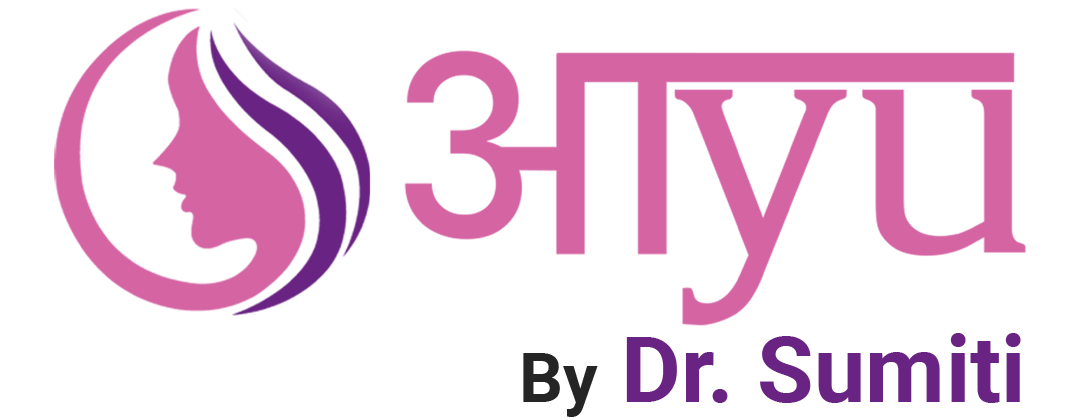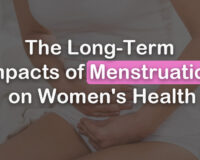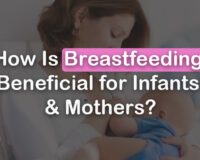Breastfeeding is a natural process in which a mother provides essential nutrients and antibodies to her newborn baby through breast milk. This practice is recommended by healthcare professionals worldwide due to its numerous benefits for infants and mothers. Understanding the advantages of breastfeeding can help expectant mothers make informed decisions about infant feeding practices.
Benefits for Infants
- Nutritional Superiority: Breast milk is uniquely tailored to meet the nutritional needs of infants, containing the perfect balance of proteins, fats, carbohydrates, and vitamins essential for growth and development. It also provides antibodies and enzymes that help protect infants from infections and diseases.
- Optimal Growth and Development: Breastfeeding has been linked to improved cognitive development and higher IQ scores in children. The nutrients and bioactive compounds in breast milk support brain development, leading to better cognitive and behavioral outcomes later in life.
- Reduced Risk of Infections: Breastfed infants have a lower risk of developing respiratory infections, gastrointestinal infections, and ear infections compared to formula-fed infants. The antibodies and immune-boosting properties of breast milk help strengthen the baby’s immune system and protect against common childhood illnesses.
- Lower Incidence of Chronic Diseases: Breastfeeding has been associated with a reduced risk of chronic diseases later in life, including obesity, type 2 diabetes, and asthma. The protective effects of breast milk extend into adulthood, providing long-term health benefits for breastfed infants.
- Emotional Bonding: Breastfeeding fosters a strong emotional bond between mother and baby, promoting feelings of security, comfort, and closeness. The skin-to-skin contact and eye contact during breastfeeding promote bonding and attachment, contributing to the baby’s emotional well-being.
Benefits for Mothers
- Promotes Postpartum Recovery: Breastfeeding stimulates the release of hormones that help the uterus contract and return to its pre-pregnancy size more quickly. This can reduce postpartum bleeding and promote faster recovery after childbirth.
- Reduces Risk of Breast and Ovarian Cancer: Breastfeeding has been shown to lower the risk of breast and ovarian cancer in mothers. The longer a woman breastfeeds, the greater the protective effect against these types of cancer, potentially reducing the risk by up to 20%.
- Promotes Weight Loss: Breastfeeding burns extra calories, helping mothers lose pregnancy weight more quickly. It also stimulates the release of hormones that promote fat metabolism, aiding in postpartum weight loss and body composition changes.
- Provides Emotional Support: Breastfeeding promotes feelings of maternal satisfaction, confidence, and fulfillment. The close physical contact and intimate connection with the baby during breastfeeding can reduce stress levels and promote maternal well-being.
- Cost-Effective and Convenient: Breastfeeding is cost-effective and convenient, requiring no preparation, sterilization, or equipment. Breast milk is always available at the right temperature and in the right quantity, making breastfeeding ideal for busy mothers.
Conclusion
In conclusion, breastfeeding offers numerous benefits for both infants and mothers, promoting optimal health, development, and well-being. From providing essential nutrients and antibodies to reducing the risk of infections and chronic diseases, breast milk is nature’s perfect food for babies. For mothers, breastfeeding promotes postpartum recovery, reduces the risk of cancer, aids in weight loss, and fosters emotional bonding with their babies. By understanding the benefits of breastfeeding, mothers can make informed choices that support the health and happiness of both themselves and their infants.
Frequently Asked Questions (FAQs)
- How can I ensure my baby is getting enough milk?
One of the best ways to gauge if your baby is getting enough milk is by monitoring their diaper output. For instance, in the first few days after birth, your baby may produce only a few wet diapers, but as your milk supply increases, they should have around six to eight wet diapers a day. Additionally, observing your baby’s weight gain and overall contentment after feeding can also indicate whether they are getting enough milk.
- What are the signs that my infant is hungry?
Babies often display hunger cues before they start crying. Look for signs such as sucking on their fingers or fists, rooting (turning their head towards your touch on their cheek), lip smacking, increased alertness or activity, and making mouthing movements. These cues signal that your baby is ready to feed, and it’s beneficial to offer the breast or bottle at these early signs of hunger.
- Does my baby require additional water or vitamins?
Breast milk provides all the necessary nutrients, fluids, and vitamins that your baby needs for the first six months of life. It is highly recommended to exclusively breastfeed during this period without supplementing with water, vitamins, or iron. If you have any concerns about your baby’s nutritional needs, consult with a pediatrician or lactation specialist.
- When is breastfeeding most beneficial for my baby?
Breastfeeding offers numerous benefits to your baby, especially during the crucial period when their immune system is still developing, typically between two to six months of age. Breast milk contains antibodies and other immune-boosting factors that help protect your baby from infections and illnesses, providing them with a strong foundation for a healthy immune system.
- Does breastfeeding weaken the mother’s immune system?
No evidence suggests that breastfeeding weakens a mother’s immune system. In fact, breastfeeding offers several health benefits for mothers, such as reducing the risk of certain cancers (like breast and ovarian cancer), promoting faster postpartum recovery, and aiding in bonding with the baby. Additionally, breastfeeding stimulates the production of antibodies in the mother’s body, which can benefit both the mother and baby’s health.





